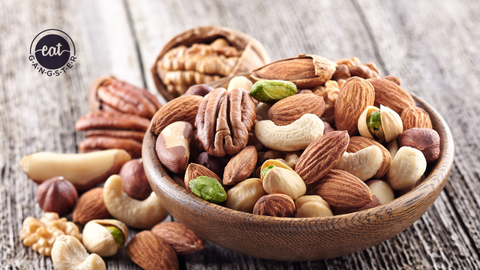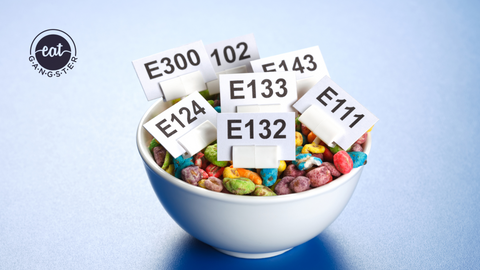
If you don’t know about the Autoimmune Protocol (AIP) diet, or you are just starting to dive in, AIP is a strict elimination plan designed to help individuals with autoimmune diseases reduce inflammation and ease symptoms by avoiding certain foods that may trigger immune system flare-ups. There are a handful of food groups excluded in the AIP diet, including legumes. Legumes include beans, lentils, peas, and chickpeas. While legumes are often considered healthy due to their high protein and fiber content, they are not compatible with the AIP for several reasons. Here’s why!
1. Lectins and Phytates
Legumes contain naturally occurring compounds called lectins and phytates, both of which can irritate the gut and contribute to inflammation. Lectins are proteins that bind to carbohydrates, and they can interfere with nutrient absorption and damage the lining of the gut, leading to leaky gut syndrome—a condition associated with autoimmune diseases. Phytates, on the other hand, can bind to essential minerals like calcium, iron, and zinc, reducing their bioavailability.
2. Glycans and Saponins
Some legumes also contain glycans and saponins, which can further exacerbate gut irritation. These compounds may not only affect digestion but also interact with the immune system in ways that could trigger autoimmune flare-ups or sensitivities.
3. Digestive Load
Legumes are complex carbohydrates that require extensive digestion. They can cause bloating, gas, and discomfort, particularly for people with sensitive digestive systems or those dealing with autoimmune-related gut issues like irritable bowel syndrome (IBS) or inflammatory bowel disease (IBD).
Nutrients Found in Legumes
Despite their exclusion from the AIP diet, we don’t hate legumes here at eat G.A.N.G.S.T.E.R.! Legumes are a nutrient-dense food. They provide:
• Protein: Legumes are an excellent plant-based protein source, essential for muscle repair and immune function.
• Fiber: High in soluble and insoluble fiber, legumes support digestive health and help maintain stable blood sugar levels.
• Vitamins: B vitamins (including folate), important for energy production and red blood cell formation.
• Minerals: Iron, magnesium, potassium, and zinc, crucial for various bodily functions, including maintaining bone health and supporting the immune system.
Good Substitutes for Legumes on the AIP Diet
If you’re following the AIP diet and miss the texture or nutrient profile of legumes, or if you e discovered legumes just don’t work well for your body, several alternatives can fill the gap:
1. Sweet Potatoes: Rich in fiber and vitamin A, sweet potatoes are an excellent carbohydrate substitute and support gut health. We often add mashed sweet potatoes to our Pancake & Waffle Mixes (LINK) for added nutrients!
2. Squash: Both winter and summer varieties are nutrient-rich and can provide a satisfying texture in place of legumes.
3. Meat and Fish: For those looking for protein sources, high-quality meat, poultry, and fish provide essential amino acids and are AIP-compliant.
4. Coconut: If you tolerate tree nuts, including coconut flour and coconut milk, can offer healthy fats and a similar texture in recipes.
5. Bone Broth: Rich in collagen and minerals, bone broth can help support gut health and provide essential nutrients that legumes typically offer.
By choosing these substitutes, individuals on the AIP diet can maintain nutritional balance while avoiding potential inflammatory triggers like legumes.



